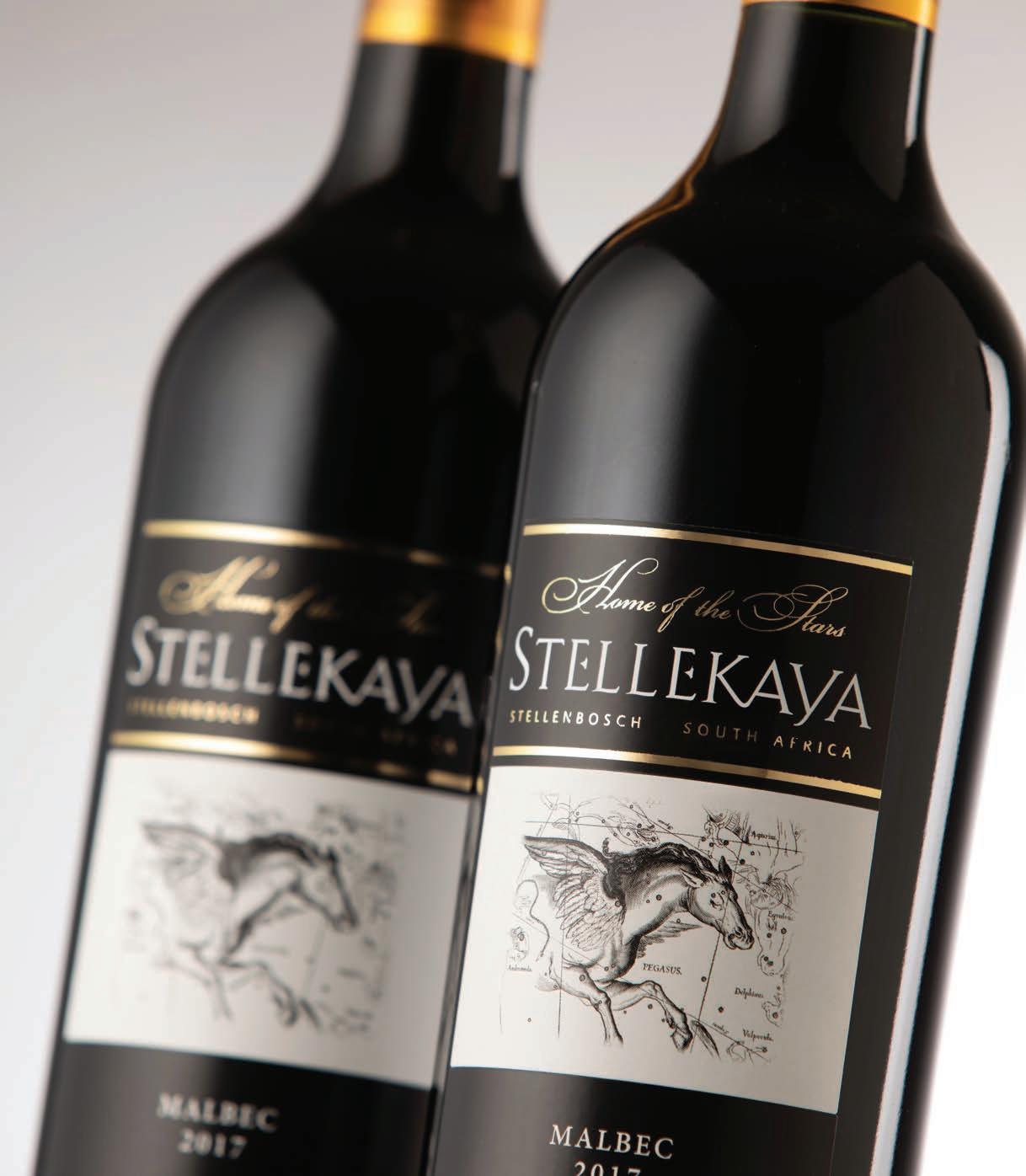
2 minute read
YOUR WINE QUESTIONS
I was told by a local wine lover that all South African wines are made from grapes grown on American vines. I would have thought wines like Chenin Blanc and Pinot Noir come from European vines. Am I missing
something? You are both right. Back in 1885, the country’s vineyards were attacked by a nasty aphid called phylloxera. It destroyed the entire South African wine crop. Fortunately, it was found that wild American grape varieties did not succumb to the dreaded phylloxera, so farmers started gra ing their usual grape varieties, like Chenin and Pinot Noir, onto the rootstocks of wild American vines. e plan worked and to this day our popular wines with French and Italian names are grown on hardy American roots.
Advertisement
YOUR WINE FAQS

YOUR WINE QUESTIONS ANSWERED
Why do wine lovers place so much importance on vintages? Surely wines from the same vineyards must be the same every year. It’s the same soil, same grape variety and the same harvesting and wine-making process. What makes one year
better than another? Like any agricultural product, grapes depend on the climate, soil and rainfall. In a rainy growing season, the grape berries will be plump and large, whereas a dry season will produce small berries. Most of the avour and colour comes from the grape skins and the esh next to the skins. Small berries will, therefore, produce intensely avoured and coloured wine. Larger berries will probably produce blander wine. Hot sunshine creates high sugars, while cooler years result in more acids in the grapes. All these factors combine to make each vintage unique.

I inherited a rather elegant cut-glass wine decanter. Usually, I pour wine straight from the bottle, but is there any advantage in serving it from a decanter? It seems rather a pretentious
thing to do. Old style wines were not stabilized before bottling, so long storage o en resulted in the formation of tartrate crystals at the bottom of the bottle. e idea of decanting old wines was to pour o the wine carefully leaving the crystal sediment behind. en the wine could be served from the decanter sans sediment. Cold stabilization removes the sediment from the wine before it is bottled, so there’s no practical reason for decanting it. A decanter could add an elegant touch to a formal table setting though. Your choice.










